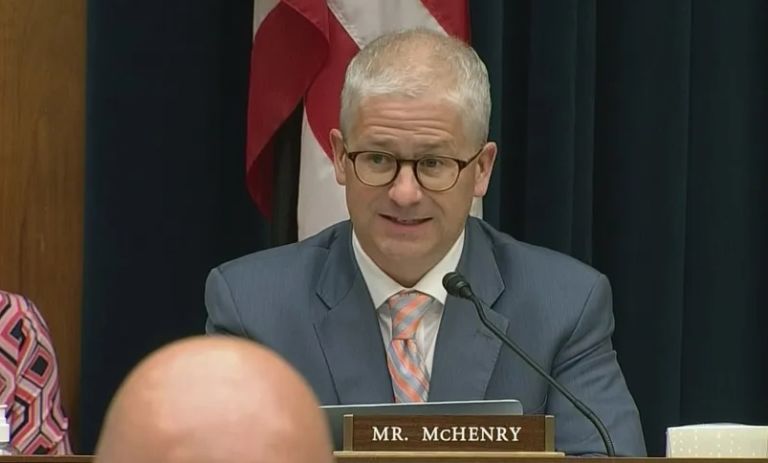Kate Scanlon of the Washington Examiner reports on one likely change in congressional operations if Republicans retake control on Capitol Hill.
A Democratic House member, Rep. Kai Kahele of Hawaii, is helping Republicans make their case against proxy voting.
As the long-distance voting practice approaches its second anniversary, Republicans have fresh ammunition in their long-standing arguments against it. That came in the form of a recent report Kahele has not voted in person since January — and that he has spent little, if any, time in Washington since as he weighs a bid for governor of the Aloha State.
Kahele wasn’t even the worst offender of proxy voting privileges. Three Democratic House members have cast all 125 votes this year remotely: Reps. Al Lawson of Florida, Lucille Roybal-Allard of California, and Albio Sires of New Jersey. Roybal-Allard and Sires are retiring at the end of this congressional term.
Originally intended as a COVID-19 pandemic mitigation effort in May 2020, the House of Representatives adopted proxy voting for the first time in its history in an effort to protect its members from large gatherings in a confined space. The protocol established a temporary method for a member to cast a vote for another member. The Senate adopted no such measure, and it continues to require senators to cast their votes in person.
“Initially and fundamentally, this was a response to COVID,” Molly Reynolds, a senior fellow at the Brookings Institution who studies proxy voting, told the Washington Examiner in an interview. But as the practice approaches its second anniversary, she said, it has “stretched beyond its original intention.”
The resolution permitting proxy voting did not amend current House rules, but it carved out an exception based on the unique circumstances presented by the pandemic and has been implemented in 45-day increments. There is no mechanism to limit its use to COVID-19 infections or the risk thereof. So as the practice lingered, its uses morphed.


